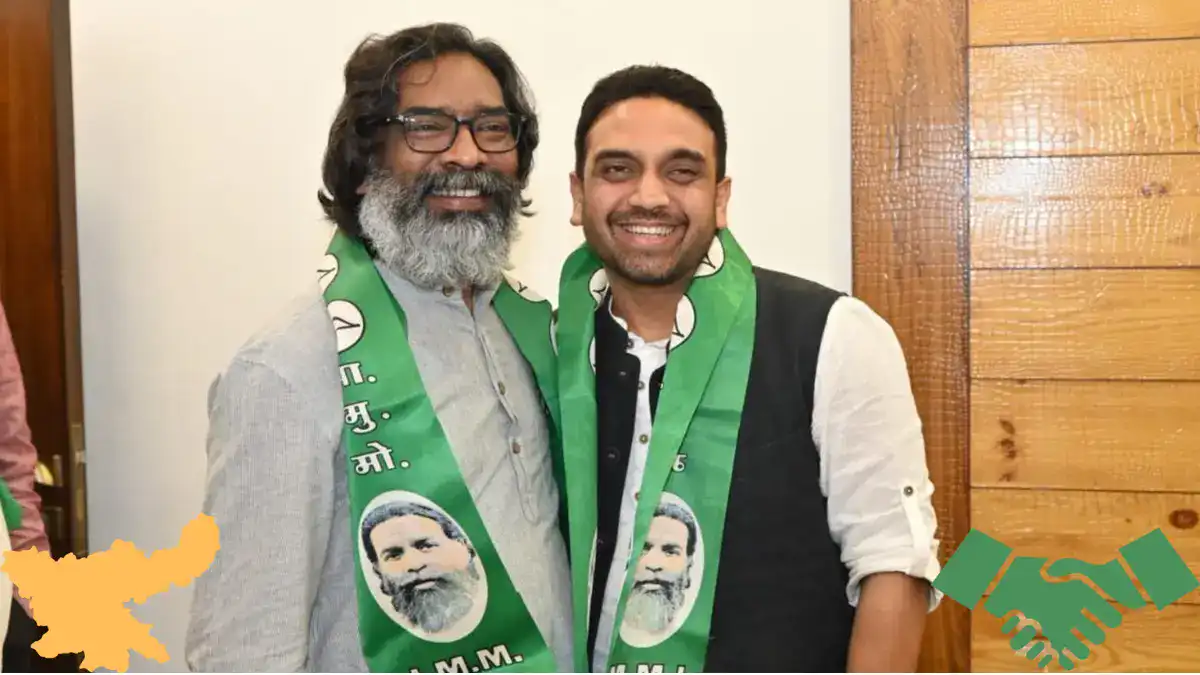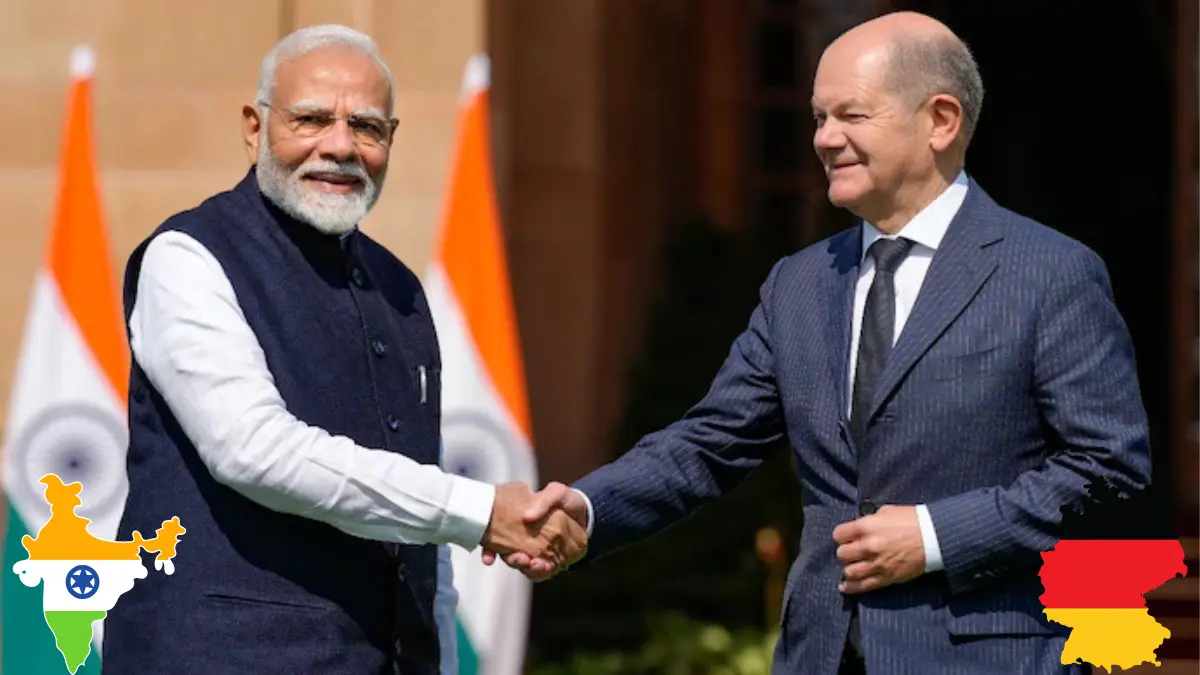
In a major political shift ahead of the Jharkhand Assembly elections, former BJP leaders Lois Marandi and Kunal Sarangi have officially joined the Jharkhand Mukti Morcha (JMM). Their decision to switch parties is causing a stir in the state’s political scene, with many wondering how this will impact the upcoming elections. Could this move change the game for JMM? Let’s dive into what this development means.
Who Are Lois Marandi and Kunal Sarangi?
Lois Marandi and Kunal Sarangi were both prominent leaders in the Bharatiya Janata Party (BJP). Lois Marandi was a former minister in Jharkhand, known for her work on issues related to women and children. Kunal Sarangi, on the other hand, was a young and dynamic leader who represented Baharagora constituency and had a reputation for connecting with youth voters. Both leaders were seen as important figures within the BJP.
Their decision to join the JMM marks a significant change in their political careers and has raised questions about the reasons behind their switch.
Why Did They Join the JMM?
Marandi and Sarangi’s move to JMM has been seen as a strategic decision ahead of the Jharkhand elections. According to political analysts, they may have felt that their prospects in the BJP were limited or that the party’s direction did not align with their goals. By joining the JMM, a key regional party with strong roots in Jharkhand, they hope to have a larger influence on the political landscape.
The JMM, led by Chief Minister Hemant Soren, has welcomed their decision. This move is expected to strengthen the party’s position as it prepares for a competitive election. For the JMM, gaining experienced leaders like Marandi and Sarangi could help them appeal to a broader range of voters, including those who may have previously supported the BJP.
How Could This Affect the Jharkhand Elections?
The entry of Lois Marandi and Kunal Sarangi into JMM could have a noticeable impact on the election dynamics. Both leaders bring with them not only experience but also a loyal base of supporters who might shift their allegiance to JMM. This could potentially weaken the BJP’s hold on certain constituencies, particularly those where Marandi and Sarangi have strong influence.
The timing of their switch is also crucial. With the Jharkhand Assembly elections just around the corner, this development adds a new layer of unpredictability. If more leaders follow in their footsteps, the balance of power in Jharkhand could shift further.
For the BJP, losing two key leaders just before elections is a setback. The party will need to work hard to retain its voter base and counter the narrative that JMM is gaining strength.
What Does This Mean for Voters?
For voters in Jharkhand, the political landscape has become more interesting with this new development. Many supporters of Marandi and Sarangi will be watching closely to see how their decision affects the overall election strategy of JMM. Some voters may feel that these leaders’ switch to JMM reflects a desire for change in the state’s governance, while others may view it as a personal political move.
The focus now is on how JMM plans to incorporate these leaders into their campaign and whether their presence will bring in new votes. For the average voter, this could mean more focus on regional issues that matter to them, as both Marandi and Sarangi have been advocates for local concerns in the past.
What Happens Next?
As the Jharkhand Assembly elections approach, the political strategies of all parties will likely become clearer. For JMM, this is an opportunity to leverage the strengths of its new members and present a united front. For BJP, the challenge will be to overcome the loss of these leaders and reassure voters of its commitment to the state.
The elections are expected to be highly competitive, and the switch by Lois Marandi and Kunal Sarangi may just be the first of several surprises. Voters will be eager to see how this shift plays out and whether it influences the final results.
The road to the Jharkhand elections is heating up, and the stakes are higher than ever.




